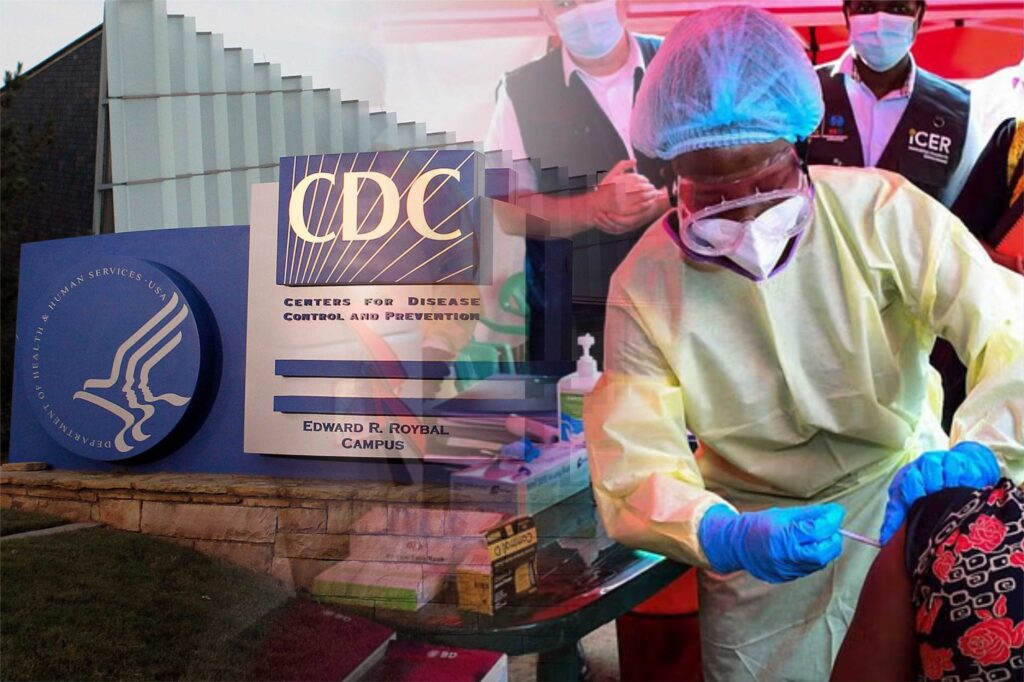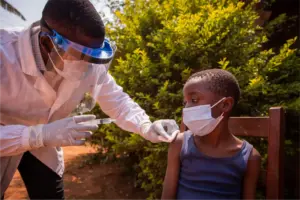
The Centers for Disease Control and Prevention releases health advice today regarding fresh confirmation of Ebola epidemic in Uganda. One individual killed in Kampala on January 29th was a male nurse. Noted as such, this marks the first verified fatality since early 2023 upon Uganda’s declaration of successful containment of its most recent pandemic. His apparently frequent visits to multiple different medical facilities immediately before experiencing symptoms point to possible contamination and further illness.
The Ebola virus produces a rather fatal and virulent sickness. Direct touch with surfaces contaminated or body fluids of an infected person carries it. Given its death rate and historical spread pace, international health organizations are especially keeping a careful eye at it. The Uganda health ministry stepped up contacts tracing and increased attempts to stop infection transmission, therefore managing the epidemic in line with the actions of the nurse before death.
The CDC has advised medical professionals, tourists, and public health groups to be aware. FDA acts aggressively even though the Ebola disease case hasn’t yet been recorded in the United States. This helps them to be ready and identify this sickness at an early stage as possible with sufficient response action whenever the disease arises from other regions of the world, that is, by means of an imported infection. Advice on safe visits: avoid interacting with someone suffering with Ebola. Save hospital visits for when they are absolutely necessary. Returning Ugandaians are advised to monitor their health and seek early treatment at a health clinic should symptoms include fever, extreme weakness, muscular pains, vomiting, diarrhea, or unexplained bleeding start to show.
Ebola used to invade Uganda more frequently; the previous onslaught of the disease had claimed hundreds of lives as it faded. Although a new fresh case has alarmed to remind alertness and timely responses again to contain the next episode, major funds have been committed to upgrade its health watch and response programs so that this outbreak can ensure enhanced testing strategies, quarantine guidelines, and media advocacy campaigns against this disease are much better.
Early and proper medical treatment goes a lot in helping people live even if the World Health Organization does not aware of any therapeutic cure for Ebola. Mostly, the therapy approach addresses patient hydration, symptom alleviation, and immune system support. The dispute among health authorities on whether Uganda should follow the same approach stems from success with experimental vaccines in past epidemics.
But the development reveals an even more general issue: diseases in one area of the geography could be relevant globally. To properly stop the disease from spreading, the situation needs for quick medical actions, worldwide cooperation, and sufficient public health policy. Currently set in Uganda, global health care professionals track this development in an attempt to stop more occurrences; once again, they stress awareness as part of the preventive action.
The educated people and rigorous adherence to the health guidelines stand between Uganda and the world against new ailments as health authorities struggle to manage this outbreak. Uganda’s risk would be seen as decreasing, and her healthcare staff carry most recent outbreaks.








